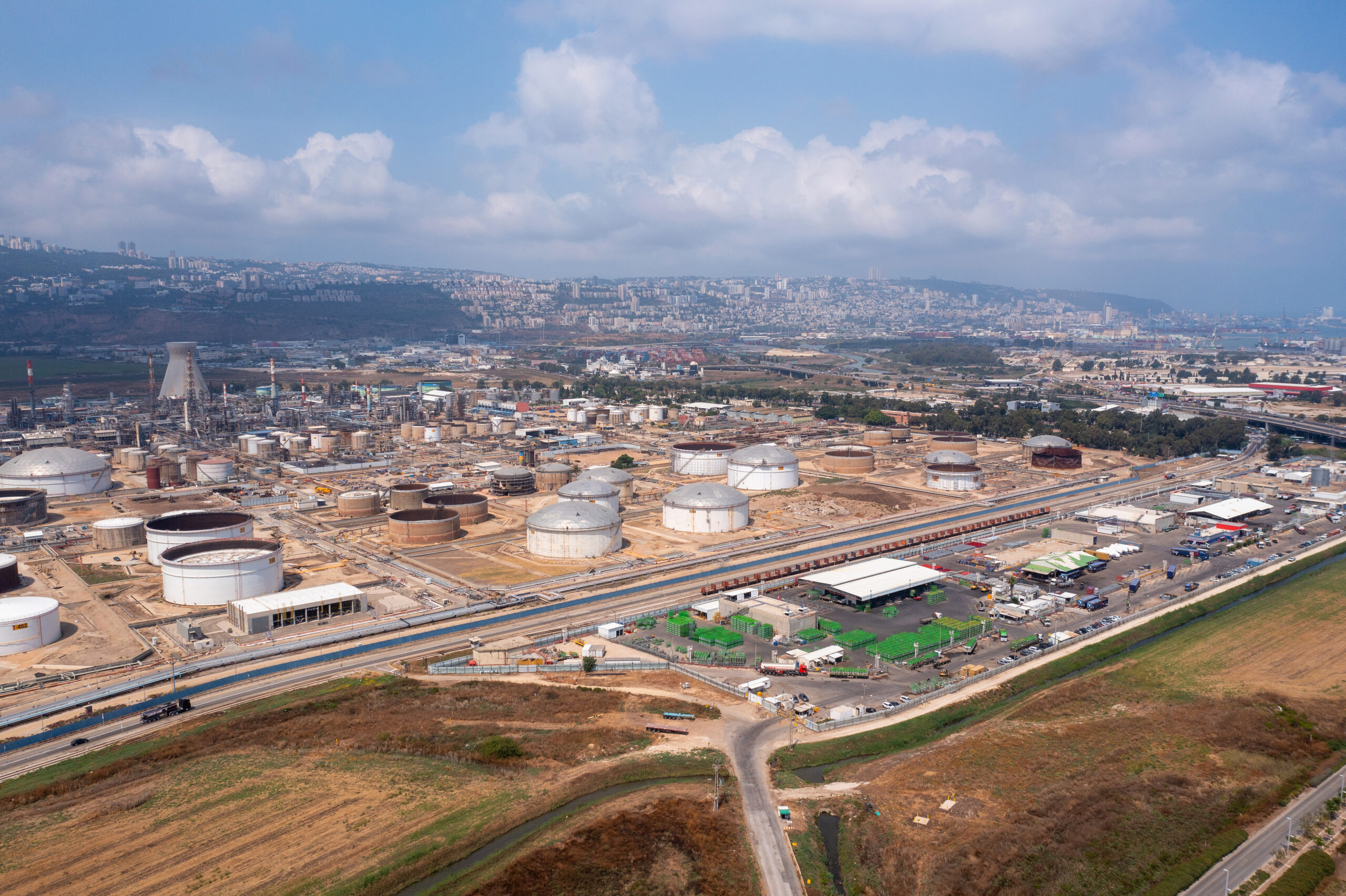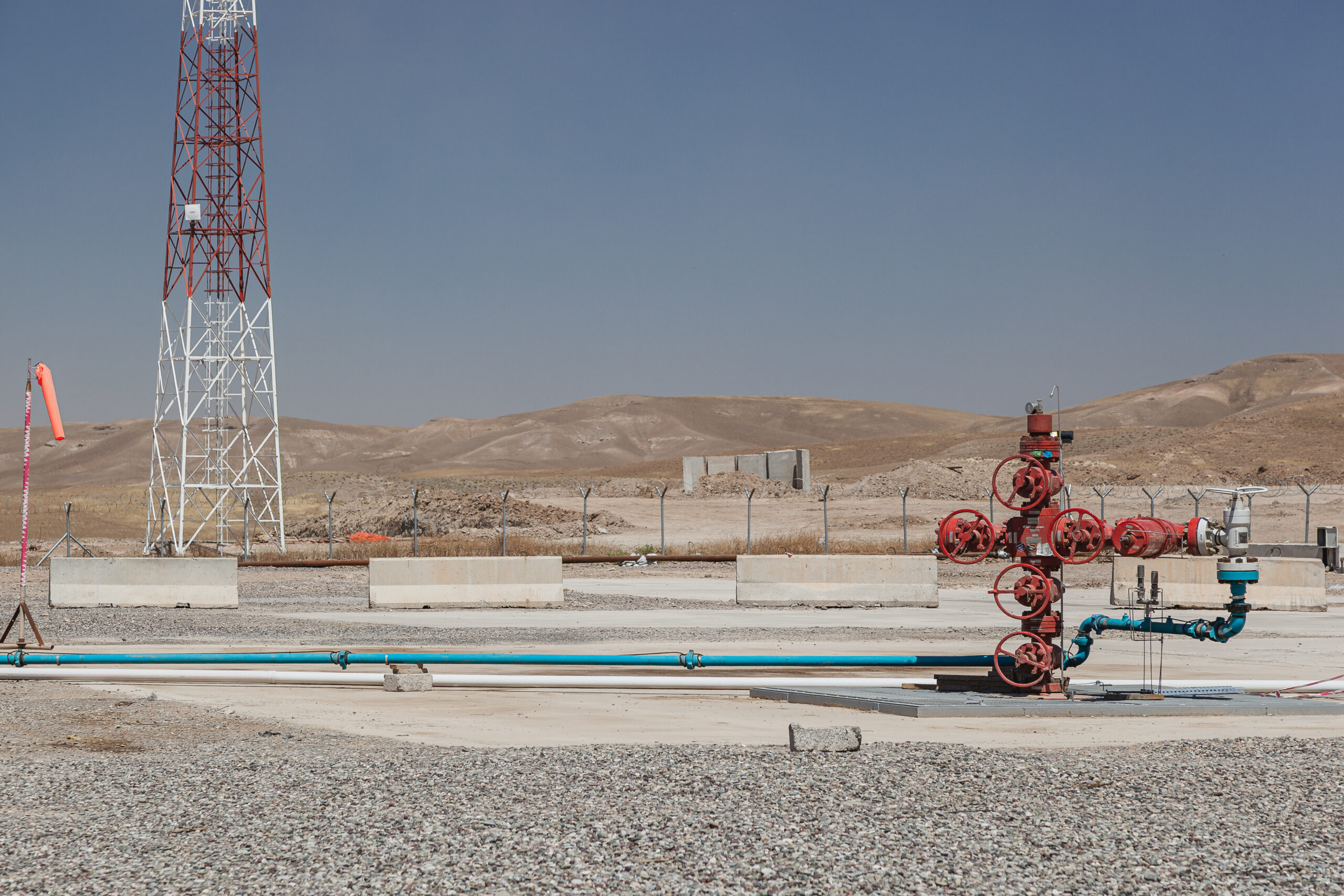Uncertainties over gas development amid ongoing Gaza war
Amid the ongoing Israel-Gaza war, rumours are circulating that Israel is eyeing offshore development in waters close to the Gaza Strip.

Amid the ongoing Israel-Gaza war, one of the most devastating conflicts in recent history, rumours have been circulating on social media that Israel is eyeing the development of offshore reserves located in waters close to the Gaza Strip.
The waters of the East Mediterranean have proven to be hugely lucrative, through the development of the East Tamar and Leviathan fields in offshore Israeli waters. This could point to another gas-rich find in the Gaza marine gas field. Preliminary estimates put the field at around 30bcm or one trillion cubic feet of gas, according to British Gas estimates from 2000.
Despite the background of war and a decades-long conflict, several international oil companies have expressed interest in developing the East Med further. In June, the Gazan elected authority, Hamas, agreed for the field to be developed in exchange for a portion of revenues from the project, according to The New Arab. The article stated that the Palestinian Authority, the West Bank’s governing and recognised body, would receive any funding, since it is the only officially-recognised authority in the country.
The news that Israel has still been advancing development of the Gaza gas field since the war began could not be confirmed. The Palestinian and Israeli authorities could not be reached for comment. Israel stated earlier this year that development of the field would be contingent on resolving other diplomatic issues that it had with Hamas, which could be in reference to topics such as the release of hostages, or may indicate that exchange of revenues wouldn’t be passed to Hamas directly.
Any moves by Israel to develop the field could potentially violate maritime law, according to preliminary research, which shows that the Gaza gas field lies in Palestinian territory, according to the demarcated maritime lines of a graphic by AFP, sourced from information provided by Israel’s Delek Energy.
“A move by Israel to develop offshore fields situated in disputed waters offshore Gaza arguably would trigger a violation of Israel’s obligations under the Oslo Accords and of its general international law obligation to negotiate the maritime boundary in Gaza waters in good faith and on the basis of international law,” Pieter Bekker, a partner in the International Arbitration and Energy teams at law firm CMS UK, told Gas Outlook.
International arbitration in the case of a boundary violation or dispute related to the field might be unlikely, since arbitration is a consensual mechanism which requires the consent of two parties, Bekker added.
Although Palestine’s legal status is only recognised by 139 out of the 193 member states of the United Nations, Palestine does have permanent observer status at the UN and has the right to dispute any unilateral development by Israel in waters claimed by Palestine. Maritime border disputes typically take years to resolve and it would take a minimum of two years for an international court to decide on the case, often after at least a decade of bilateral discussions. During this time, drilling and exploration is not typically possible.
If Palestine failed to protest a unilateral move by Israel in such waters it could be held to have relinquished any claim Palestine may have to the disputed waters and natural resources contained in them, Bekker told Gas Outlook.
Impact of Gaza war on energy security
Outside of the Gaza field specifically, the direct impact of the conflict on energy security has so far been limited.
“If the situation drags on, Arab governments are likely to feel rising pressure from their citizens to take a harder line on relations with Israel and regional energy cooperation could be a casualty, Hamish Kinnear, Senior MENA Analyst at risk intelligence company Verisk Maplecroft, told Gas Outlook.
Inflamed hostilities could break down the regional glue of the East Med, which drew Israel closer to its Arab neighbours, both analysts agreed. Specifically this could affect a recently-brokered deal between Israel and Lebanon, Bekker said. The two countries, which have officially been at war for over 80 years, reached an agreement in October 2022 to establish a permanent maritime border between them, but there is a risk that current hostilities cause the deal to break down or progress to slow. Cross-border fire between Israel and Lebanon-based Hezbollah has increased significantly since the outbreak of the Israel-Hamas war.
As it stands, the region is closely intertwined through regional pipelines and LNG deals. Egypt, one of the countries bordering Palestine, is reliant on Israel for both its own gas needs and for its role as an export hub via the liquefaction plants at Idku and Damietta.
“Given the sensitivity of the Palestinian issue in Egypt, it will be hard for the El-Sisi government to deepen or even maintain close energy ties with Israel if the war continues,” Kinnear said.
In Jordan and Turkey, opposition to Israel’s military operation may result in a ban on Israeli gas imports in Jordan and the likely abandonment of proposed energy cooperation in the Eastern Mediterranean between Israel and Turkey.



